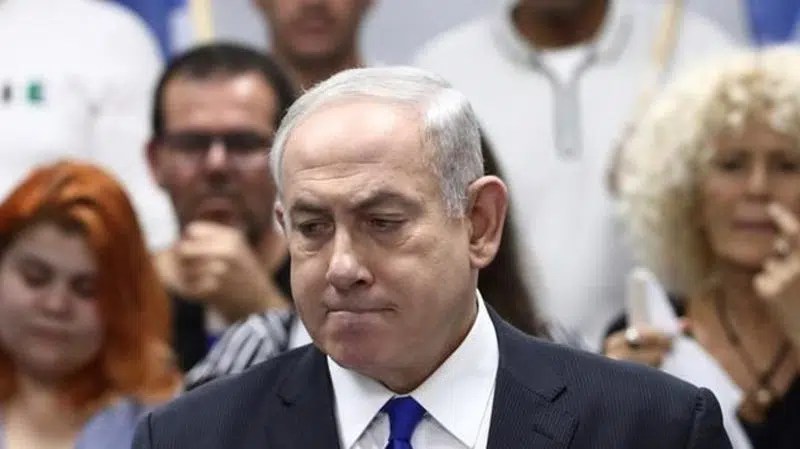
Israel’s Netanyahu calls for emergency government with rival
JERUSALEM — Israeli Prime Minister Benjamin Netanyahu on Thursday called for the formation of an emergency government to confront a growing crisis over the coronavirus, offering a potential way out of the deadlock that has paralyzed the political system for the past year.
Netanyahu made the offer in a nationally televised address, saying the virus does “not differentiate” between Jews and non-Jews or between the political left and right.
“I call for the formation now, even this evening, of a national emergency government,” he said.
“It will be an emergency government for a limited period. Together, we will fight to save the lives of citizens,” he added, saying that politics should be put aside.
